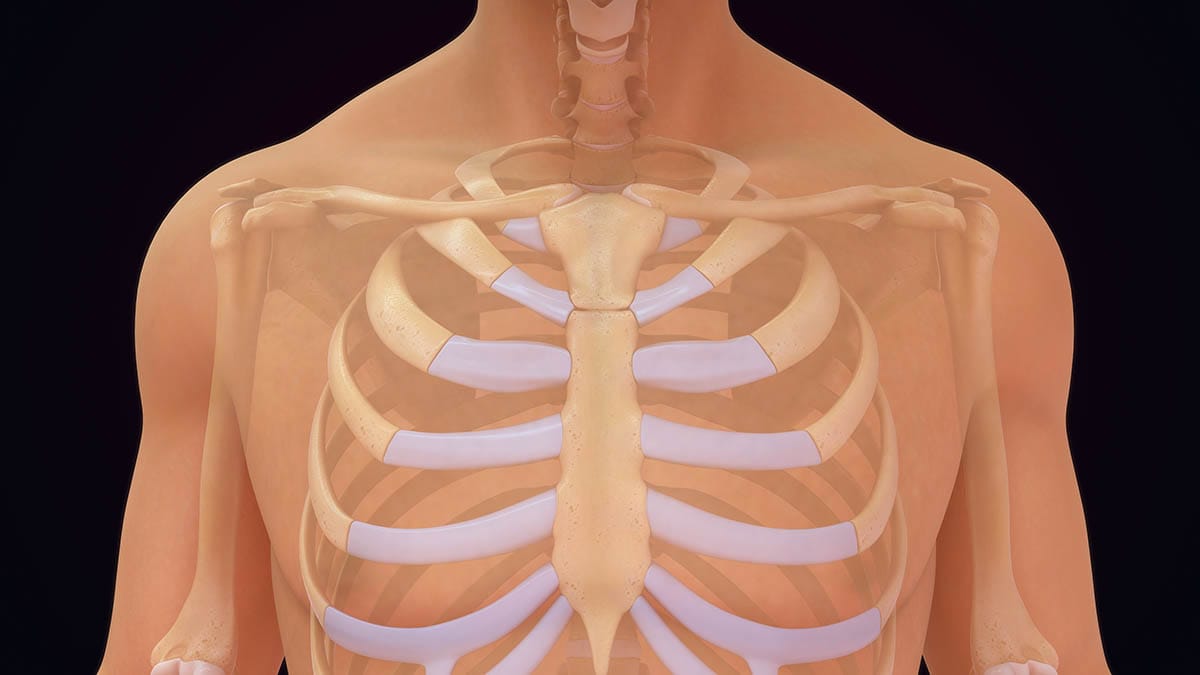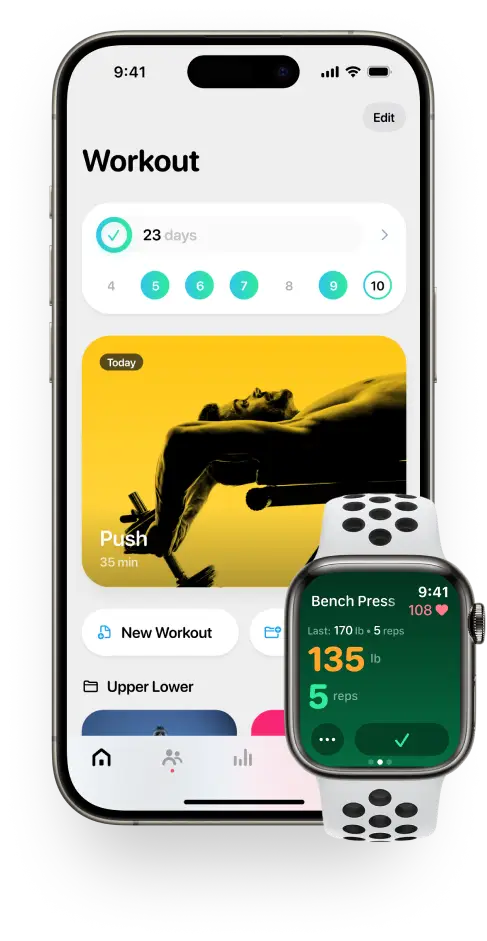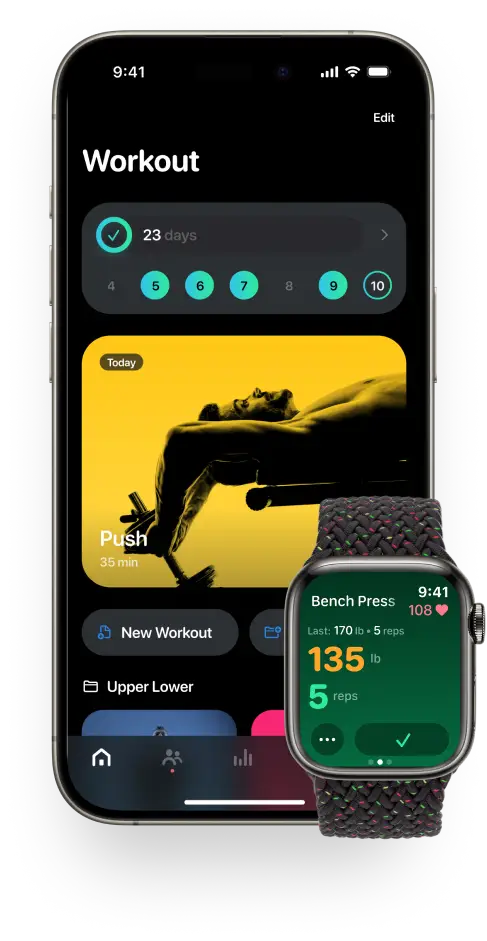Why Does My Chest Crack When I Stretch? Causes, Concerns, and Solutions
Why does your chest crack when you stretch? Here are the reasons and solutions. You should know it's a common problem that is easily resolved.
We’ve all been there: you stretch your arms over your head just as you wake up, and suddenly, pop, your chest emits a strange cracking sound. It’s enough to make you pause and wonder, “Why does my chest crack when I stretch?”
If this question has crossed your mind, you’re not alone. Let’s understand what might be causing these mysterious noises, whether you should be concerned, and how to minimize them.
The option that wasn’t picked above goes here
What’s Behind That Cracking Sound?
First, let’s talk about what’s actually happening when you hear that crack. Most of the time, the sound is due to something called joint cavitation. Sounds fancy, right? It’s basically when gas bubbles in your synovial fluid (that’s the stuff that lubricates your joints) rapidly form and collapse due to changes in joint pressure. This process creates that classic cracking or popping sound that can catch you off guard during a stretch.
This phenomenon isn’t exclusive to your chest. You've probably experienced similar sounds from your knuckles, knees, or even your back. It's a totally normal part of joint mechanics. When you move a joint, the pressure inside the joint capsule changes and can result in a cracking sound.

So, Why Does My Chest Crack When I Stretch?
Now, onto the big question: why specifically does your chest crack? Here are a few potential reasons:
- Joint Cavitation: As we mentioned earlier, changes in pressure when you move your arms or body can cause cavitation. This is most common in areas with lots of movement, such as your shoulders and chest. Your costosternal joints (where your ribs meet your sternum) and the costovertebral joints (where ribs meet the spine) can be involved in this.
- Tissue Movement: Your tendons and muscles might be shifting around as you stretch. This effect is especially common if you’ve been inactive for a while or if you suddenly increase your activity level. Tendons may shift position during movements, particularly if they are not used to time under tension.
- Age and Lifestyle: Sometimes, age or a sedentary lifestyle can make your joints noisier. As you get older, the cartilage that cushions your joints can wear down, making the sounds more frequent and pronounced
Should You Be Worried About Chest Cracking?
In most cases, occasional chest cracking is nothing to worry about. It’s a normal part of how our bodies move and often doesn’t signal any serious health issues.
However, if you’re experiencing pain, swelling, or a limited range of motion along with the cracking, it might be time to check in with a healthcare professional. Persistent pain could indicate something more serious, like arthritis or inflammation, and it’s best not to ignore it.
When To See a Doctor
Here’s when you might want to get a professional opinion:
- If the crack is accompanied by sharp or persistent pain.
- There is noticeable swelling or inflammation.
- Your range of motion is limited or you feel stiffness that doesn’t go away.
- You’ve had a recent injury that could have affected your chest or shoulder joints.
These symptoms could indicate an underlying condition that might require treatment.

Mobility Test: Check Your Chest Flexibility
If you're wondering why your chest cracks when you stretch, it might be worth doing a mobility test on your shoulders and chest. Here's a quick step-by-step of what you can do at home:
Wall Angel:
- Stand with your back against a wall, feet a few inches away from the baseboard.
- Press your lower back, shoulders, and head against the wall.
- Raise your arms to shoulder height, bending your elbows so your arms form a 90-degree angle.
- Slowly slide your arms up and down the wall, keeping your elbows and wrists in contact with the wall.
- Assessment: If you can perform this movement smoothly without discomfort or significant gaps between your arms and the wall, your chest and shoulder mobility are likely in good shape.
Overhead Reach:
- Stand upright and reach both arms straight up towards the ceiling.
- Try to keep your biceps close to your ears without arching your back.
- Assessment: If you can extend your arms fully without pain or compensation in your posture, your mobility is likely adequate.
These simple tests can give you insights into your joint and muscle flexibility, helping you understand if mobility issues might contribute to why your chest cracks when you stretch.
To enhance your mobility, consider exploring various exercises through guided routines available in workout apps, which offer excellent flexibility and strengthening exercises tailored for beginners.
Tips to Minimize Chest Cracking
If you’d rather your chest wasn’t as noisy, there are a few things you can do:
- Warm-Up Routines: A good warm-up can do wonders. Try incorporating some light cardio or stretches into your routine before diving into more long workouts. This helps increase blood flow and flexibility, reducing the likelihood of sudden cracks.
- Stay Active: A regular workout routine keeps your joints healthy and flexible. Plus, it’s a great way to boost your overall well-being. Activities like swimming or yoga can be particularly beneficial, as they improve joint mobility without putting too much strain on them.
- Hydration and Nutrition: Drinking plenty of water and eating a balanced diet can support your joints. Your body needs both to keep everything running smoothly.
- Strengthening Exercises: Work on strengthening the muscles around your chest and shoulders. This can provide better support for your joints and reduce the likelihood of cracking. Focus on exercises that target the pectoral muscles, deltoids, and back muscles to ensure balanced muscle support.
- Posture Awareness: Sometimes the way we sit or stand can lead to more joint noise. Maintaining good posture reduces unnecessary strain on the muscles and joints, potentially minimizing cracking.

Busted Myths: Cracking Causes Arthritis?
There’s a long-standing myth that cracking your joints will lead to arthritis. The good news? There’s no scientific evidence to back this up. Numerous studies have shown that joint cracking does not correlate with the development of arthritis. So, if your chest cracks when you stretch, it’s not a sign that arthritis is on the way. You can put that old tale to rest and focus on what really matters: maintaining healthy joints.
The Takeaway
To wrap things up, hearing your chest crack when you stretch is usually a normal part of joint function. It’s fascinating how our bodies can create these sounds without causing harm. However, it’s important to listen to your body. If anything feels off, don’t hesitate to chat with a healthcare professional.
Understanding the mechanics behind these sounds can help alleviate unnecessary worries. So, next time you hear that familiar pop during a deep stretch, you can smile knowing it’s just your body’s way of saying hello.
Do you dream of having a flexible gymnast’s body? We’ve made it simple to work on customized fitness plans or to introduce a little friendly competition to your fitness community by sharing exercises with your friends. Get started for free through the Flex fitness app.
Related articles


Get fit with Flex
Build muscle & lose weight fast for free.
Available on iPhone + Apple Watch





